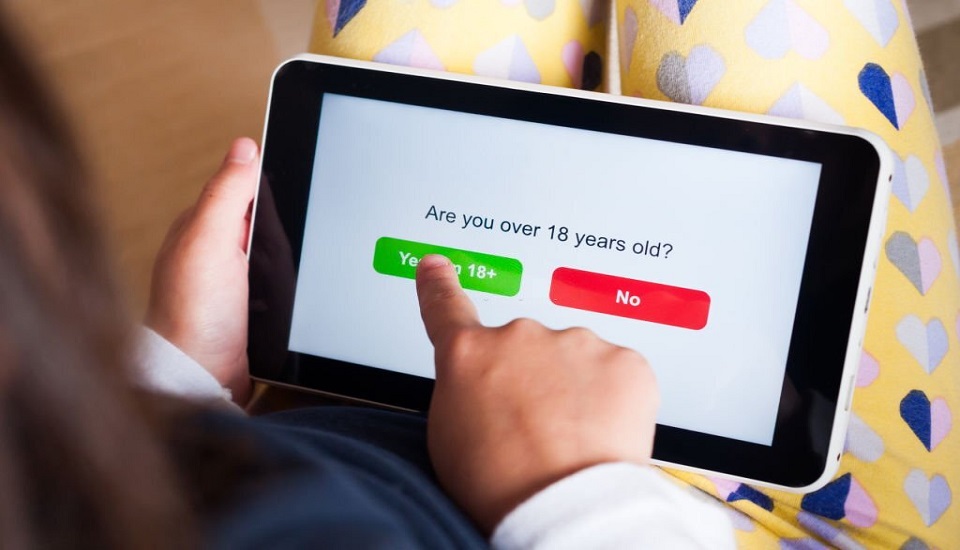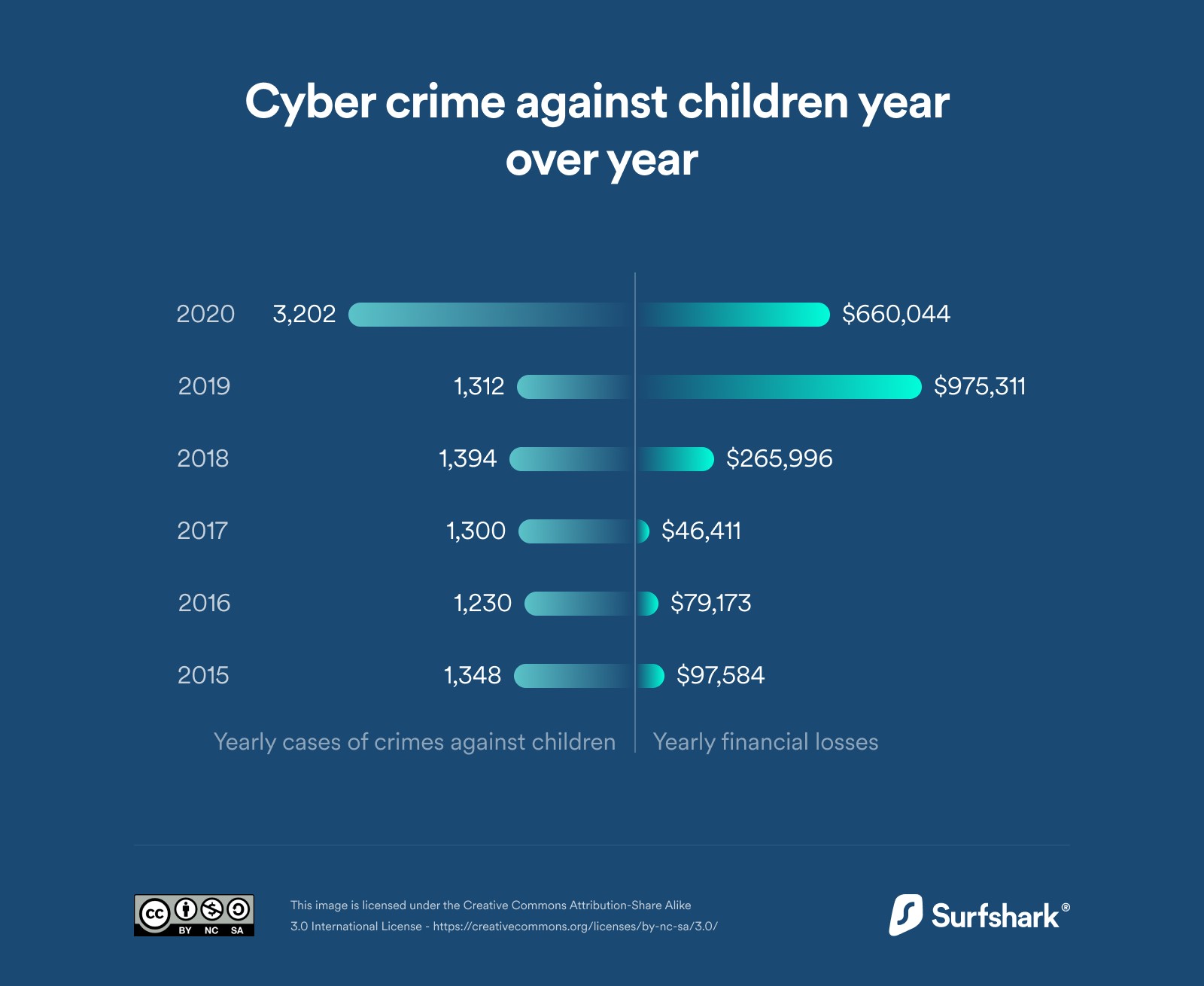
Teach Your Students These 5 Internet-Safety Rules
19th September 2022
After the global pandemic, these days young children also have access to the internet via smartphones and tablets. They usually go online to play games, watch cartoons, interact with their peers on social media, do research for homework assignments or school projects and so on. Did you know there are a projected 400 million Internet users in the Asian region? The cybercrime rates are growing day by day.
Around 40% of the world’s population is offline, making them exposed targets for cyberattacks if and when they do connect. Also, an estimated 300 billion passwords are used by humans and machines worldwide. Therefore, it is important to be made aware of the risks of the internet to young children.
On the other hand, children living in socioeconomically depressed parts of the Asian region were experiencing severe abuse and exploitation in cyberspace even before COVID-19 already.
What is cybercrime?
Basically, cybercriminals frequently commit various crimes by targeting computer networks or devices. These can range from security breaches to identity theft. Other cybercrimes contain things like “revenge porn,” cyber-stalking, harassment, bullying, and child sexual exploitation. Also, from time to time, terrorists collaborate on the internet, moving terrorist activities and crimes into cyberspace.
Kids easily become victims of cyberbullies, identity thieves, paedophiles or even kidnappers. One wrong click on a pop-up could cause malware to download onto the device. It is, therefore, very important to teach children about internet safety. The Children's Online Privacy Protection Act (COPPA) is a federal law that helps protect children younger than 13 when they're online. It's planned to keep anyone from getting a child's private information without a parent knowing about it and agreeing to it first.

Helpful Internet-Safety Rules for Children
Here are five tips you can use to help protect children against the range of cybercrimes out there.
Know what to do if you become a victim
If you see that a child has become a victim of a cybercrime, you have to notify the local police. In some cases, the FBI and the Federal Trade Commission as well. This is vital even if the crime seems inconsequential. Your report may support different authorities in their inquiries or may help to prevent criminals from taking advantage of other people in the future.
Instruct children well
Talk to children about the internet. It is also essential for children to feel comfortable going to their parents or teachers with concerns about things they see online. Hence, try to be open with kids about the dangers of the internet, and let them know you’re there to aid and protect them. Teach your children never to share personal data such as address, phone numbers, names, personal email addresses, siblings’ facts, parents’ work details, etc. without the consent of parents.
Keep advanced on main security breaches
Use a full-service internet security suite. Keeping software updated is very crucial while operating systems along with internet safety software. As clicking on pop-ups or ads could result in malware attacks, teach children to avoid clicking on distrustful email attachments, pop-ups, ads and e-newsletters. Screen and limit phone, tablet and computer use.
Check privacy Settings
Teach your children about the significance of using privacy settings on the internet. Also, teach them never to click on suspicious links and to always log out before going offline. To start with a strong encryption password with a virtual private network is a good idea. A VPN will encode all traffic leaving your devices until it arrives at its destination. It’s a smart idea to use a VPN whenever you have a public Wi-Fi network.
Monitor well
Teach children being very careful about what they post online. Make sure you screen this and if you think a picture or post is unsuitable, safeguard that it is taken down or never posted in the first place. Being open with children and explaining your reasons will evade conflict and make sure the children are accommodating.
Additional Internet-Safety Tips
Following are some of the additional internet-safety rules ---
- Strengthen your home network
- Use online protection tools
- Use dependable security software
- Do not allow children to browse alone
- Set a time rule
- Update yourself
- Enable two-factor authentication
- Back up important personal information on external hard drives
Cyber security for children is of supreme importance.
The Bottom Line
To conclude, fighting cybercrime is everybody’s business. Virtual Online Teaching programs prepare 21st-century teaching professionals to teach online effectively. Protecting children online starts with teaching initial internet safety tips at a young age.
Reach out to us if you have any questions!
Written By : Victoria Lewis




